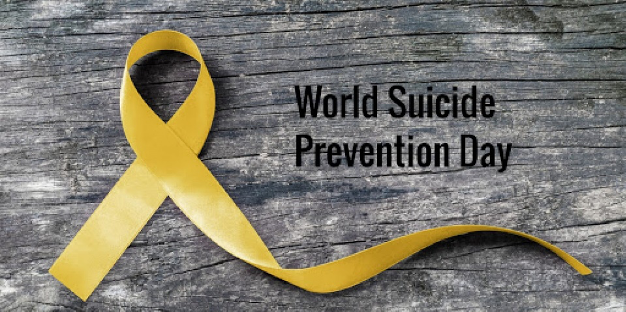Each Mind Matters | National Suicide Awareness Month is especially important this year as mental health issues have increased considerably due to the pandemic.
The Suicide Prevention Lifeline and other mental health organizations, allies, advocates, and SURVIVORS in the US, and around the world, promote and raise awareness of suicide prevention during the month of September. Now more than ever, we are all trying to protect our mental health and cope with life’s uncertainties. Currently, our country is in the height of a pandemic that exacerbates the national suicide epidemic. Bringing attention to the problem of suicide, this campaign strives to strengthen the fight against suicide and eliminate the stigma surrounding the topic of suicide. Increasing awareness can also encourage people to reach out for mental health support. Making suicide awareness a continued focus, we can educate and engage people about prevention and the warning signs surrounding suicide. If you or someone you know is going through a crisis, call the National Suicide Prevention Lifeline at (800) 273-TALK (8255).Signs and Symptoms
The behaviors listed below may be signs that someone is thinking about suicide.- Talking about wanting to die or wanting to kill themselves
- Talking about feeling empty, hopeless, or having no reason to live
- Making a plan or looking for a way to kill themselves, such as searching for lethal methods online, stockpiling pills, or buying a gun
- Talking about great guilt or shame
- Talking about feeling trapped or feeling that there are no solutions
- Feeling unbearable pain (emotional pain or physical pain)
- Talking about being a burden to others
- Using alcohol or drugs more often
- Acting anxious or agitated
- Withdrawing from family and friends
- Changing eating and/or sleeping habits
- Showing rage or talking about seeking revenge
- Taking great risks that could lead to death, such as driving extremely fast
- Talking or thinking about death often
- Displaying extreme mood swings, suddenly changing from very sad to very calm or happy
- Giving away important possessions
- Saying goodbye to friends and family
- Putting affairs in order, making a will
Risk Factors
Suicide does not discriminate. People of all genders, ages, and ethnicities can be at risk. Suicidal behavior is complex, and there is no single cause. Many different factors contribute to someone making a suicide attempt. But people most at risk tend to share specific characteristics. The main risk factors for suicide are:- Depression, other mental disorders, or substance abuse disorder
- Certain medical conditions
- Chronic pain
- A prior suicide attempt
- Family history of a mental disorder or substance abuse
- Family history of suicide
- Family violence, including physical or sexual abuse
- Having guns or other firearms in the home
- Having recently been released from prison or jail
- Being exposed to others’ suicidal behavior, such as that of family members, peers, or celebrities
Many people have some of these risk factors but do not attempt suicide. It is important to note that suicide is not a normal response to stress.
Suicidal thoughts or actions are a sign of extreme distress, not a harmless bid for attention, and should not be ignored. https://www.nimh.nih.gov/

